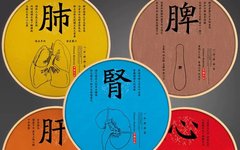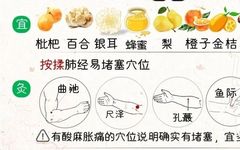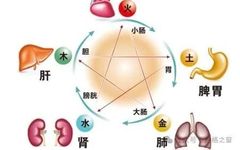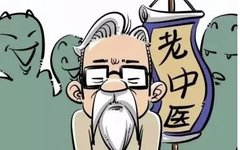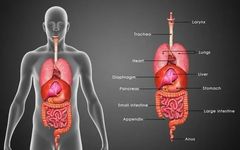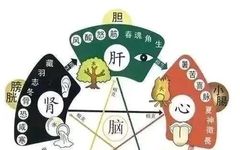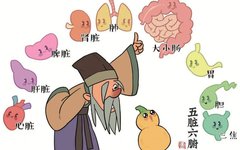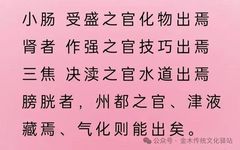The ‘Natural Enemies’ of the Five Organs (Part One)
The ‘Natural Enemies’ of the Five Organs (Part One) Dr. Ma Hongling, Deputy Chief Physician, TCM Department The heart, liver, spleen, lungs, and kidneys are the five most important organs in the human body. If they are harmed, it will affect our overall health. 1.Heart: Afraid of Fatigue and Salty Foods The heart governs blood … Read more

